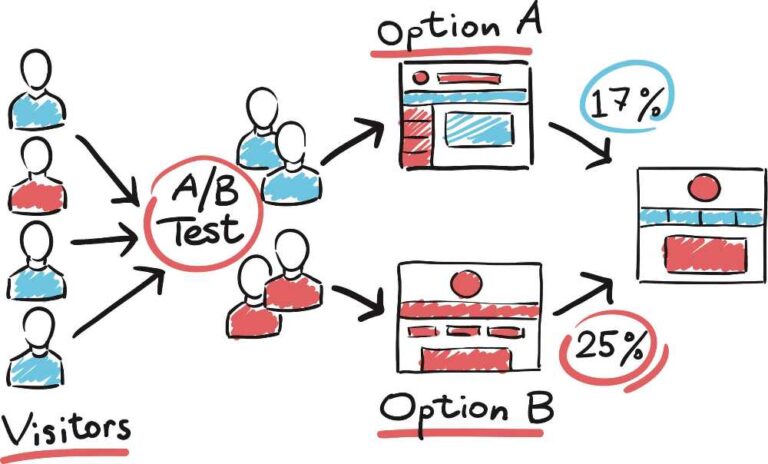Artificial Intelligence (AI) has revolutionized the way businesses operate in various sectors, and the B2B (Business-to-Business) industry is no exception. With the advancements in AI technologies, companies are now able to streamline their processes, make data-driven decisions, and deliver personalized experiences to their customers. In this blog post, we will explore the significant impact of AI in B2B businesses and how it has transformed various aspects of their operations.
How AI Affect B2B Businesses?
1. Enhanced Data Analysis and Insights:
AI has enabled B2B businesses to analyze vast amounts of data in real-time, providing valuable insights that were previously unattainable. With machine learning algorithms, companies can now identify patterns, trends, and correlations within their data, helping them make informed business decisions. This data-driven approach allows B2B businesses to optimize their operations, improve efficiency, and identify new market opportunities.
2. Personalized Customer Experiences:
One of the key advantages of AI in B2B businesses is its ability to deliver personalized customer experiences. AI-powered systems can analyze customer data, preferences, and behavior to provide tailored recommendations and solutions. By understanding their customers’ needs, B2B businesses can engage with them in a more meaningful way, improving customer satisfaction and loyalty.
3. Automation and Efficiency:
AI has greatly automated and streamlined various processes in B2B businesses, leading to increased efficiency and productivity. Tasks that were once time-consuming and manual can now be automated, freeing up valuable resources for more strategic activities. AI-powered chatbots, for example, can handle customer inquiries, provide support, and even assist in sales processes, reducing response times and improving customer service.
4. Predictive Analytics and Forecasting:
AI algorithms have enabled B2B businesses to predict future outcomes and trends accurately. By analyzing historical data, market trends, and external factors, AI can forecast demand, sales, and supply chain needs. This predictive analytics capability allows businesses to optimize their inventory management, production planning, and overall business strategy, reducing costs and minimizing risks.
5. Improved Sales and Marketing:
AI has transformed the way B2B businesses approach sales and marketing efforts. With AI-powered lead scoring and predictive analytics, businesses can identify high-value prospects and focus their resources on the most promising opportunities. AI can also automate personalized marketing campaigns, enabling businesses to deliver targeted messages to individual customers at scale.
6. Enhanced Cybersecurity:
In the age of digital transformation, cybersecurity is a top concern for B2B businesses. AI has significantly enhanced cybersecurity measures, enabling businesses to detect and respond to threats in real-time. AI-powered security systems can analyze network traffic, identify anomalies, and proactively mitigate potential risks, ensuring the integrity and confidentiality of sensitive business data.
Conclusion:
The impact of AI in B2B businesses cannot be overstated. From data analysis and insights to personalized customer experiences, AI has revolutionized the way B2B businesses operate. By leveraging AI technologies, companies can optimize their processes, improve efficiency, and drive growth. As AI continues to evolve, B2B businesses must embrace these advancements to stay competitive in the ever-changing business landscape.


